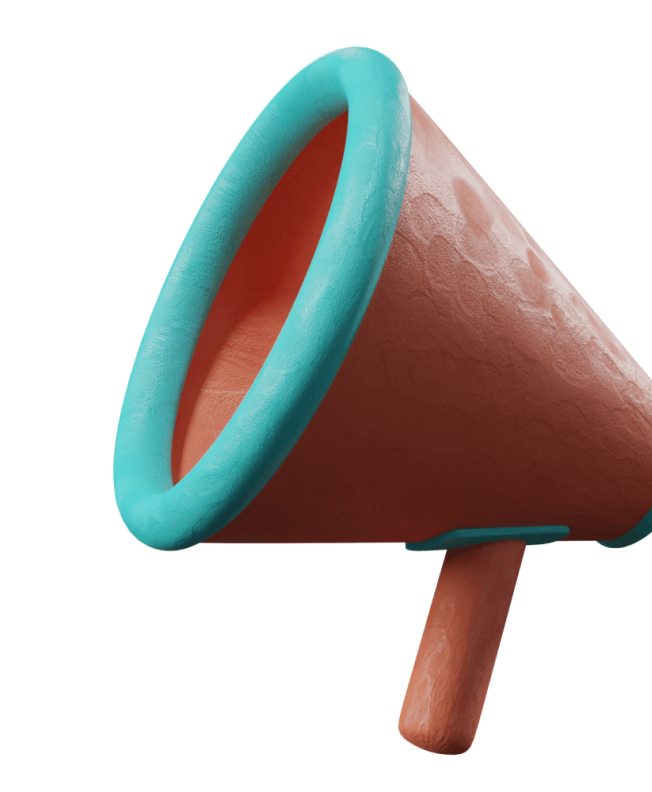
by Google
You may know the struggle when you’re new or a small YouTuber, constantly scanning the platform and taking in every bit of advice. Among the valuable insights are some terrible pieces of advice that no sane YouTuber would follow. Myths about having to upload videos daily or focusing too much on SEO are debunked. So, if you’re a new YouTuber and don’t want to fall into these big traps that could slow your growth on the platform, read on.

When learning any new skill, it’s definitely worth learning a lot. The challenge is finding what works uniquely for you. When it comes to YouTube, there aretwo common types of advice for growing your channel. Each type revolves around best practices that often sound fairly similar, no matter who’s giving the advice. But there is another type of advice that is quite harsh, such as telling authors that their content is terrible, when in fact it is not.
When navigating this maze of advice, practical tips are often missing. You may think you have finally found some useful advice, but it turns out to be disastrous. For example, a common misconception is that you need to upload videos every day to grow your channel.
.webp)
Let's explore this!
While it may seem like increasing the number of videos you post may increase your visibility, a more compelling argument is for quality over quantity. Posting daily may be feasible for short YouTube Shorts or comedic meme videos, but creating longer, more thoughtful videos every day would be challenging, even for the most successful creators.
Instead of constantly creating new videos, consider creating templates for your videos, building a library of visuals, sound effects, and music; this will not only speed up your production process, but it will also increase the quality and consistency of your content. Also consider standardizing your thumbnails with consistent fonts, color schemes, and layouts.
If you're creating videos every day that resonate with your audience and your channel is growing, that's great, and keep doing what works for you.
But if you find that the pace is unsustainable, remember thatYouTube is a marathon, not a sprint.
One common piece of advice is to emulate successful YouTubers. While creators like MrBeast have achieved significant success, emulating them doesn't guarantee your own success. Every creator's success is unique, and what works for one may not work for another. Make videos that you would enjoy watching yourself.


New YouTubers are also often advised to do extensive research before getting started. While understanding what successful channels do is helpful, too much research can lead to analysis paralysis. Start creating videos based on passion and creativity; research can come later, once you find that YouTube is something you really enjoy.
Another commonly accepted philosophy is the importance of SEO, or search engine optimization. While SEO can help your channel get discovered by new viewers, it’s certainly not everything. In particular, the YouTube algorithm places more weight on viewer engagement than optimized metadata. Focusing too much on SEO can limit your ability to build a more personal connection with your audience. On the other hand, if you’re creating content that has the potential to be evergreen and is in high demand for search, such as recipes or how-tos, you should focus more on SEO optimization. In such cases, there is a high probability that the viewer will not be interested in your entire video library, but will go specifically for one that solves their problem.
Finally, while analytics are important, they shouldn't dictate your every move when you're starting out. Focus on creating content that you enjoy and learn what resonates with your audience. The goal is to connect with your audience and create content that feels like it was created just for them.
This approach doesn't have to follow typical YouTuber advice exactly, but it's about finding what works best for you and enjoying the journey of content creation.








